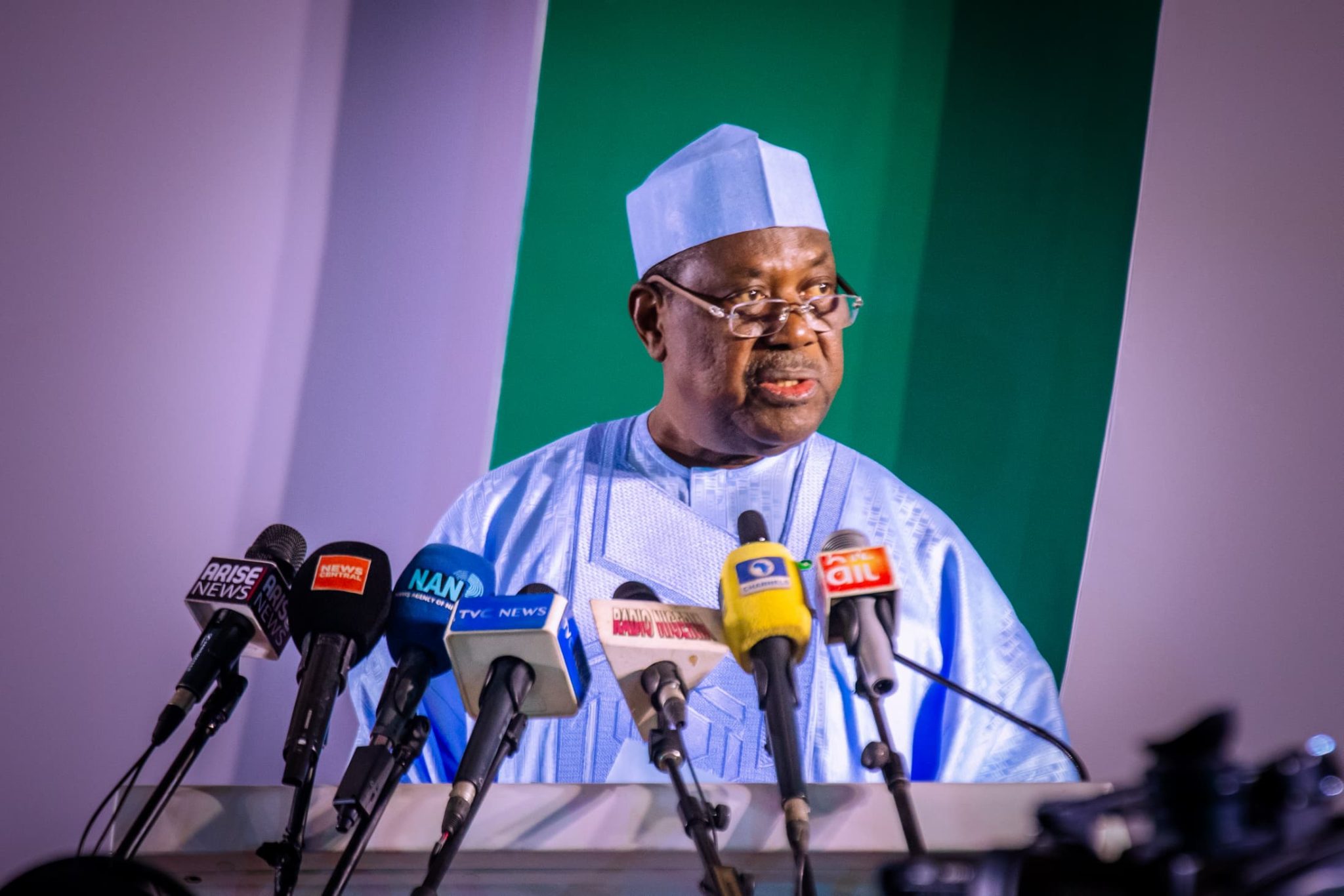Politics
‘Your Words Are Killing Our People’ — FG Blames US for Fresh ISWAP, Banditry Attacks in Nigeria
The Federal Government says recent remarks from the United States have emboldened violent groups across Nigeria, rejecting claims by Donald Trump that Christians are facing genocide in the country.

- The Federal Government says recent remarks from the United States have emboldened violent groups across Nigeria, rejecting claims by Donald Trump that Christians are facing genocide in the country.
The federal government has linked the recent surge in killings across the nation to pronouncements made by the United States, saying such remarks have emboldened opportunistic violent groups.
Rejecting what it described as the “dangerous and inaccurate” Christian genocide narrative promoted by Donald Trump, the Nigerian government insisted the country does not need foreign troops deployed on its soil.
In a statement issued on Wednesday in Abuja and signed by the Secretary to the Government of the Federation, Senator George Akume, the federal government said:

“No credible international organisation has ever classified Nigeria’s security crisis as a genocide against Christians or any group.
“Across Nigeria, Christians and Muslims have been equally victimised. Boko Haram and ISWAP attack both churches and mosques, killing Muslims and Christians alike. Bandits target communities without any religious distinction.
“Weapons flowing through AQIM-controlled smuggling routes entered West Africa and Nigeria, strengthening Boko Haram, ISWAP and later banditry networks.
DON’T MISS: Real Reason BVAS Failed in 2023 Presidential Election — New INEC Chairman Finally Speaks Out
“Nigeria rejects any characterisation of the conflict as a genocide against Christians or any group. Verified evidence shows that insurgents and criminal networks attack both churches and mosques, killing Muslims and Christians alike.
“Recent pronouncements from the United States have inadvertently emboldened opportunistic violent groups seeking to exploit international narratives and make bold statements by attacking soft targets.
“Before these statements, insurgency structures had been significantly degraded and reduced to isolated banditry,” Akume said.























